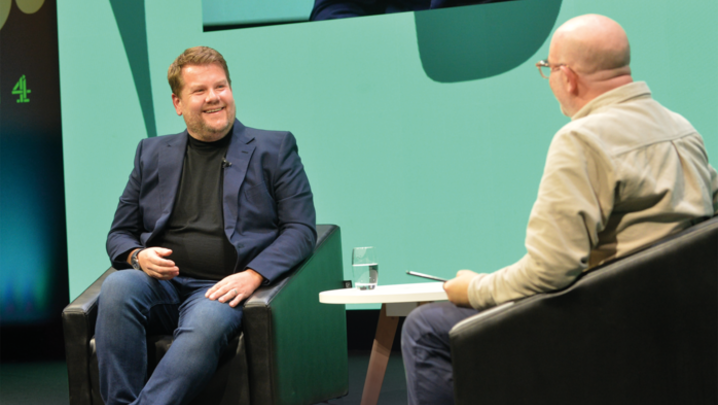Graeme Thompson asks if the infamous ‘exams algorithm’ also informed the BBC’s plan to axe regional services
It was Groundhog Day for me when news broke that the BBC was proposing to cut £25m from the BBC England budget by 2022. Flashback to redundancies across regional programme teams, the culling of popular titles and complaints from audiences seeing and hearing less about where they live.
I was regional director of ITV Tyne Tees & Border when, in 2008, Michael Grade announced £35m of cuts to local news and programmes. Popular titles such as The Dales Diary, Grundy’s Wonders and The Way We Were vanished alongside production teams who also made shows for the network.
No amount of protests and talk of ratings success in the regional slots (up against the mighty EastEnders) were ever going to change ITV’s determination to replace local favourites with cheaper products. And, from Ofcom’s perch overlooking the Thames, the commercial arguments all seemed perfectly reasonable.
Fast forward 12 years and the BBC is making the same case. The long-running Inside Out current-affairs series and its production teams – who also produce award-winning documentaries for the BBC network channels – are being axed.
In the case of the North East and Cumbria, Inside Out performed strongly against Coronation Street and ranked alongside ratings phenomenon The Repair Shop in audience appreciation scores.
Regional TV news and radio services are also in the line of fire. The axe is not as sharp in the BBC nations. Quite rightly, home-grown production in Wales, Northern Ireland and Scotland is more protected. If only it were the same for the English regions.
Northern Ireland, with a population smaller in size than the 3 million people living in the North East and Cumbria, has a BBC TV budget of £29m – that’s £15 of TV spend for every viewer. In my English region, the equivalent spend is £1.87.
One of the BBC’s justifications for the cuts is its desire to focus on “underserved” audiences. I think you could safely argue that a publicly funded broadcaster already commissioning little content from a region whose population is bigger than Northern Ireland’s and about the same as Wales is, indeed, significantly underserved.
It feels like a rationale utilising the same algorithm that levelled down A-level results for comprehensives but boosted schools teaching Latin.
In its defence, the BBC’s senior managers argue that the English regions need to take a share of the target savings (£125m). Furthermore, Inside Out is being replaced with a new current-affairs strand serving six super-regions led by a commissioning team based in Birmingham.
The 11 existing production teams will be replaced by six slimmed-down hubs, where journalists will make way for content producers. The new Yorkshire and North West replacement in 2021 will have an audience stretching from Haverigg in the west to beyond Holbeach in the east.
In mileage, that’s the equivalent of a region spanning Newcastle to London. In my experience, viewers like network and they value local, but other people’s local programming is a hard sell.
Since the 1990s, the UK has increasingly slashed investment in local economies to power that of its capital. I remember visiting newsrooms in the US during that period and being told that TV audiences wouldn’t put up with a network that spent more time on Washington news than local activity. Not true of England, apparently.
At a time when democracy is under threat as a result of widespread cuts in commercial radio bulletins and newspapers, the BBC appears intent on further alienating loyal audiences outside London by reducing opportunities for them to see and hear their lives and localities reflected online and on-screen.
So, fewer jobs and fewer opportunities for the next generation of programme-makers. At least the cuts don’t extend to the regional politics slot. These may not be award-winning programmes, but they’re highly valued by local MPs, whose opposition to the downsizing might just be appeased. Ofcom, on the other hand, may prove more difficult to convince.
Graeme Thompson is pro vice-chancellor for external relations at the University of Sunderland and Chair of the RTS Education Committee.







